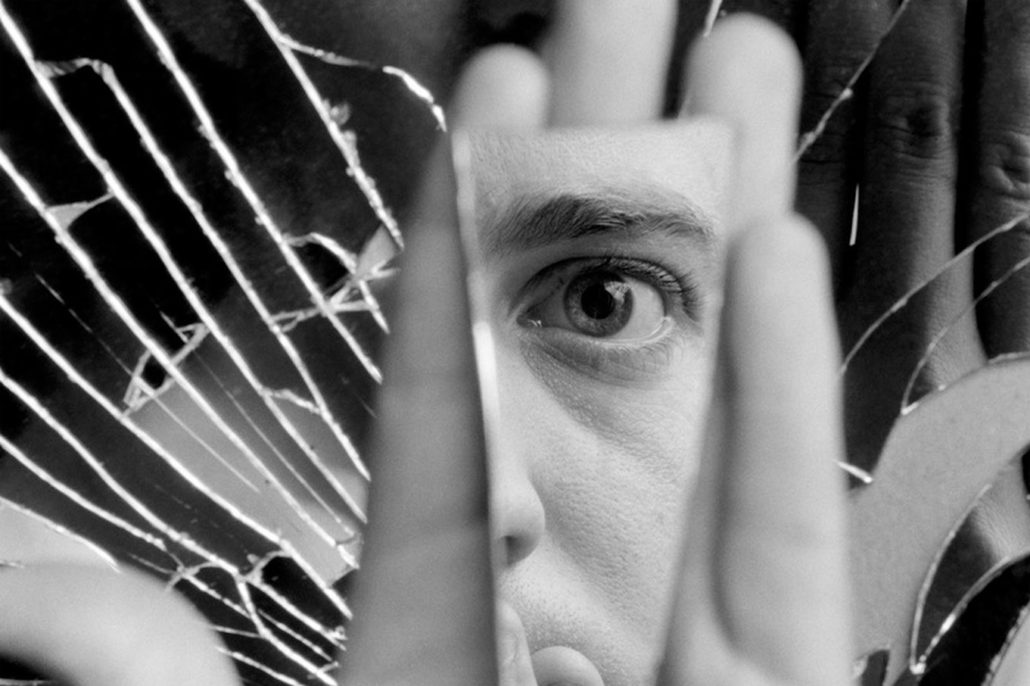
Schizophrenia: what it is and what the symptoms are
Schizophrenia is a psychosis characterised by delirium that distorts the patient’s contact with the surrounding reality
The illness has a huge social impact and is an extremely widespread mental disorder.
Its onset can normally be found during or immediately after adolescence.
Schizophrenia can have a long course and be characterised by alternating periods of well-being and periods of illness of varying degree and duration.
Its incapacitating capacity depends on the severe impairment of the autonomy of those affected.
Symptoms of schizophrenia
The first symptom is thought disorder, which takes the form of missing or deviated connections between ideas, affectivity disorders, autism, motor and reaction slowdowns.
Multifactorial genesis of schizophrenia
Like many psychiatric illnesses, no single mechanism can be identified for the genesis of schizophrenia.
For this reason, this disorder is referred to as having a ‘multifactorial genesis’, i.e. due to multiple factors, such as, for example, relationships with other people, particular events, social, educational or environmental components and, last but not least, heredity.
It usually begins during adolescence, although acute onset is not very frequent.
In fact, a subtle onset with poorly recognised symptoms is more common.
In about one third of people who show the first symptoms of schizophrenia, the ‘full-blown’ illness does not develop, although a sign remains to confirm that something has happened in the psyche of these individuals.
Another third, on the other hand, have bouts of the illness alternating with periods of well-being; even in these cases, some sign of the change remains evident in symptoms such as a tendency to isolate oneself, a depletion of ideas and other general thought disorders.
Finally, the last third of subjects are the ones who have to face the disease the hardest, with extremely evident and constant symptoms.
The only valid help is early diagnosis and, consequently, early and appropriate treatment.
Tests to be performed for the diagnosis of schizophrenia
There are no laboratory tests that confirm a diagnosis of schizophrenia.
It is the psychiatrist who can make such a diagnosis on the basis of interviews with the patient.
Several months of observation are necessary to make an accurate and correct diagnosis, although not necessarily in an in-patient setting.
Treatment of schizophrenia
In general, drugs, known as neuroleptics, are prescribed to control symptoms; today there are new generation drugs that have fewer side effects, are easier to administer and contribute effectively to improving the quality of life of these people.
Drug therapy in general is combined with other therapeutic approaches, such as
- the support of a psychotherapist also for the family;
- social-rehabilitation interventions to reintegrate the person into society;
- self-help groups.
Only in acute phases is hospitalisation necessary.
Schizophrenia and prejudice
Schizophrenia brings with it a series of prejudices that worsen the situation of the patient and his family; in fact, in addition to the isolation to which the illness forces the patient, there is also the isolation ‘enacted’ by the people who gravitate around the subject and his family, which sinks their situation even further.
In order to combat the prejudices that schizophrenia causes and, above all, to break the isolation to which the schizophrenic and his family are relegated, associations of caregivers, family members and patients have sprung up with the main aim of providing correct information about the illness and encouraging the exchange of first-hand experiences, thus undermining the foundations of prejudice itself.
In the event of need, one can turn to the Mental Health Centre, identified by Italian law, which has a specific territorial competence, thanks to the interaction of operators with different professional backgrounds (psychiatrists, social workers, sociologists, nurses, etc.) who are able to offer quality support to psychiatric patients.
Read Also:
Emergency Live Even More…Live: Download The New Free App Of Your Newspaper For IOS And Android
ADHD Or Autism? How To Distinguish Symptoms In Children
Autism, Autism Spectrum Disorders: Causes, Diagnosis And Treatment
Intermittent Explosive Disorder (IED): What It Is And How To Treat It
Management Of Mental Disorders In Italy: What Are ASOs And TSOs, And How Do Responders Act?
How Cognitive Behavioural Therapy Works: Key Points Of CBT
12 Essential Items To Have In Your DIY First Aid Kit
Anxiety: A Feeling Of Nervousness, Worry Or Restlessness
Hesitation When Driving: We Talk About Amaxophobia, The Fear Of Driving
Rescuer Safety: Rates Of PTSD (Post-Traumatic Stress Disorder) In Firefighters
Schizophrenia: Risks, Genetic Factors, Diagnosis And Treatment
Why Become A Mental Health First Aider: Discover This Figure From The Anglo-Saxon World
Attention Deficit Hyperactivity Disorder: What Worsens ADHD Symptoms
From Autism To Schizophrenia: The Role Of Neuroinflammation In Psychiatric Diseases
Schizophrenia: What It Is And How To Treat It


